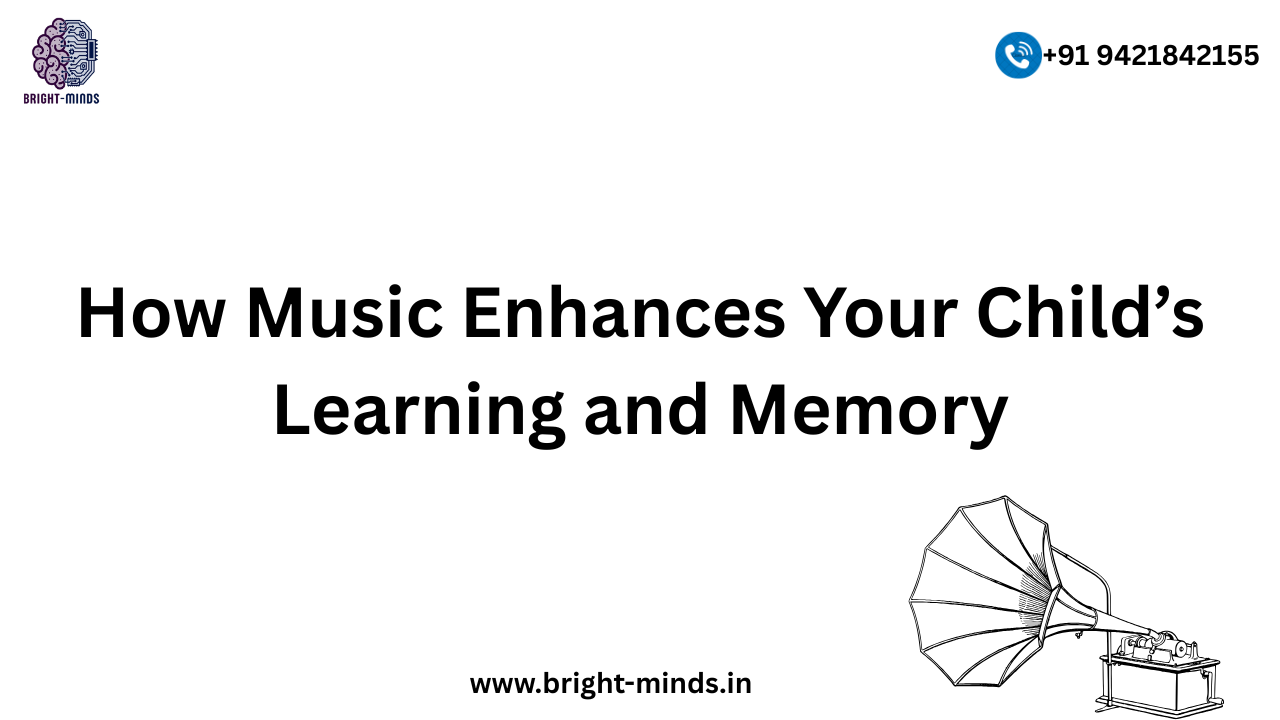Have you ever noticed how your child can effortlessly memorize the lyrics to their favorite song, yet struggles to remember their spelling words? That’s not a coincidence — it’s science. Music is more than just fun background noise; it’s a powerful tool that can significantly boost your child’s learning, memory, and overall brain development.
Let’s explore how music can play a key role in your child’s education — and how you can use it to your advantage.
🧠 1. Music Strengthens Memory Retention
Melody and rhythm act as natural memory aids. The structure of a song — with its repetition, rhyme, and pattern — helps the brain store and retrieve information more easily.
Why it works:
- Songs activate multiple parts of the brain simultaneously.
- Music engages the auditory, motor, and emotional centers — creating strong neural connections.
- Children can recall facts and sequences better when they’re set to music (think: the ABC song!).
🎶 Try This: Use songs to help with multiplication tables, days of the week, or even science facts.
📚 2. Music Makes Learning More Engaging
Let’s face it: traditional studying can sometimes feel dull. Music brings an element of fun that turns learning into a joyful experience rather than a chore.
Benefits include:
- Increased motivation to learn.
- Better focus and longer attention spans.
- Reduced anxiety or stress during learning activities.
🎶 Try This: Play instrumental or classical music during homework time to create a calm, focused atmosphere.
🧩 3. Music Enhances Language Development
Music is packed with linguistic elements like vocabulary, rhyming, rhythm, and storytelling. Singing songs helps children:
- Improve pronunciation and enunciation.
- Build stronger listening skills.
- Expand their vocabulary and understanding of syntax.
🎶 Try This: Sing along with your child and discuss the meaning of the lyrics — it builds comprehension and communication skills.
🧠 4. Music Encourages Brain Development
Research shows that children who receive music training have better executive function, which includes:
- Improved decision-making.
- Enhanced working memory.
- Stronger cognitive flexibility.
Musical training also supports math skills, pattern recognition, and spatial-temporal skills — all vital for academic success.
🎶 Fun Fact: Studies from institutions like MIT and Stanford have linked music education to higher test scores in math and reading.
🤝 5. Music Supports Emotional and Social Growth
Music helps children express themselves and connect with others. Group music activities like choir or drumming circles promote:
- Teamwork and collaboration.
- Emotional expression and regulation.
- A sense of belonging and community.
🎶 Try This: Join a local music class, or encourage your child to create their own music or playlist to express how they feel.
🎤 Final Notes: Bringing Music Into Everyday Learning
The great news? You don’t need to be a trained musician to make music a part of your child’s learning journey. Sing together in the car, dance in the kitchen, or hum during story time. Every little musical moment contributes to a richer, more connected learning experience.
In short: Music helps the brain remember, the heart feel, and the mind grow.
You may also like this:-

